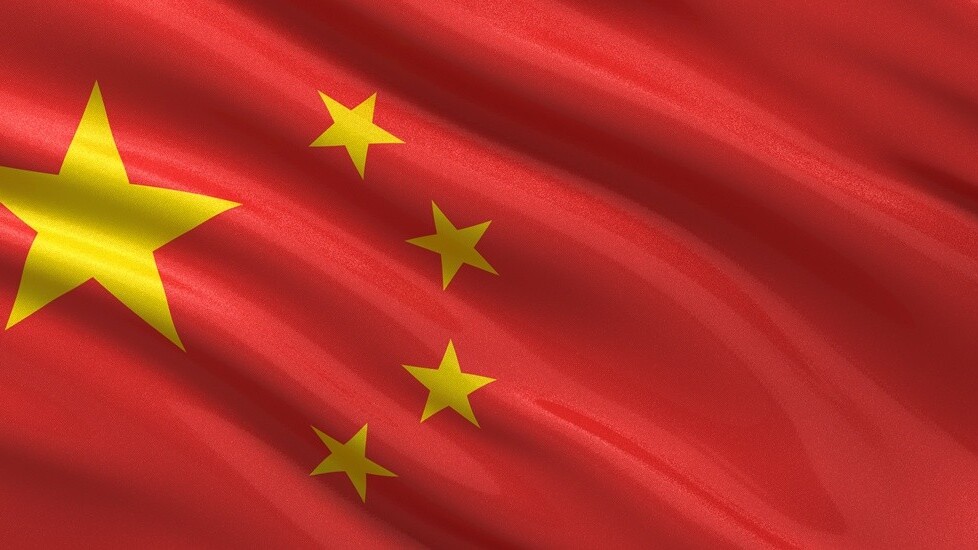
In February, 500 Startups’ founder Dave McClure announced that the accelerator/incubator firm was expanding to China, adding the country to an already lengthy list of international markets.
500 Startups has invested in Chinese companies before, but, by bringing Rui Ma on board as its first Venture Partner in Beijing, McClure made a stronger commitment to China before “things really start moving” there. That’s according to Ma herself, who caught up with The Next Web at the GMIC event in Beijing last week.
Coming to China at the right time
500 Startups specializes in early-stage investments, which means that getting into China early maximizes its opportunity to fund “the best price opportunities”. Wait too long to enter, and downstream investors like venture capitalists will have saturated the space in pursuit of opportunities, Ma says.
Typically, the firm invests between $25,000 and $200,000 into deals for promising companies. Its investments in China are contingent on some strict criteria, which actually aren’t specific to the country.
“We look for something that can demonstrate revenue or profitability very early on,” Ma explains. This means, “repeatable, scalable, and profitable transactions, with little capital x inputs.”
Business and enterprise opportunities stand out
But in China (and elsewhere) the types of investment-worthy companies that tick all of these boxes tend not to be consumer-focused startups like, say, food services or entertainment apps. 500 Startups has invested in consumer startups before — such as WillCall and (now TripAdvisor-owned) Tiny Post — but those with an enterprise or business focus tend to stand out more.
In China, many of the most promising startups tend to cater to SMBs (small and medium-sized businesses), and, though sometimes known as “the boring startups” — to quote Ma — they are the type that will likely appeal most to 500 Startups.
“There’s a lot of opportunity here in China for other [B2B] services, or real marketplaces,” she explains. The majority of Ma’s experience has been with marketplace-type startups — i.e. those that operate like Amazon, Rakuten or Alibaba’s Taobao service — and she adds: “There is a lot of opportunity here to build products or services that cater to actual transactions that are happening.”
China-born but raised in the US, Ma has lived in the country the last six years. She believes that services like online, mobile, or peer-to-peer payments are the most vibrant mediums, since China’s hardware and software infrastructure — like server towers, Internet speed, and mobile devices — have proliferated.
“All those things are here and pushing China to be very close, I would argue, to first-world technology services.”
That goes some way to explaining why 500 Startups entered China when it did.
Previous China-based investments
To paint a clearer picture of 500 Startups’ interest in China, Ma raises the example of two of its previous investments: ChinaNetCloud and Affinity China.
500 Startups bet on ChinaNetCloud, a server management and cloud computing company, back in 2010 when it became its first investment in China. The deal was based on its team, and, most importantly, because the company was fulfilling a profitable market need for cloud services in China that people would pay for.
Affinity China is a platform that helps affluent Chinese travel and shop overseas. The startup’s seed round was co-funded by RRE Ventures and 500 Startups back in 2011.
The company isn’t exactly B2B, but Ma says that 500 Startups decided to invest because that type of business is “very defensible” since there’s a high barrier of entry when it comes to offering global luxury services. To pull it off, a company like Affinity China requires an international team with industry experience that can execute global services like trips to the Hamptons or a weekend at a prestigious golf course.
And, seeing as how 500 Startups is a global investment fund, it has access to the kind of worldwide resources that Affinity China needs.
Helping the 500 Startups portfolio expand into China
Ma says that her personal investment philosophy doesn’t differ from 500 Startup’s mission and the principles of lean startups. However, in the context of China, she’s more interested in SMBs and companies that can “prove their concept, or fail quickly”.
For now, Ma is 500 Startup’s sole Venture Partner on the ground in China sourcing deals for the global fund and getting a lay of the land. It’s typical of what 500 Startups does when expanding abroad. At the same time, part of her role she says is to help 500 Startups’ existing portfolio of companies explore the potential to expand to China.
She explains that many companies in the portfolio are finding that, for one reason or another, their product or services are picking up momentum in China. Those signs of growth lead many to look into ways to better tailor their offering to the Chinese market.
Eventually, Ma says, 500 Startups will develop a team in China which will evolve into either an accelerator, as has been done in Mexico, or become a regional seed fund. At this point, she hasn’t chosen which direction to take the Beijing office yet, but the fact that the company now has a local presence in the market is good for both local founders and 500 Startups investments worldwide.
Ma is based in Beijing, where she estimates that she spends about half of her time. The remainder of her schedule is divided between Shanghai, Shenzhen, Hong Kong, Taiwan and, of course, Silicon Valley.
Read the rest of our GMIC 2013 interviews and news here.
Headline image via Shutterstock
Get the TNW newsletter
Get the most important tech news in your inbox each week.






